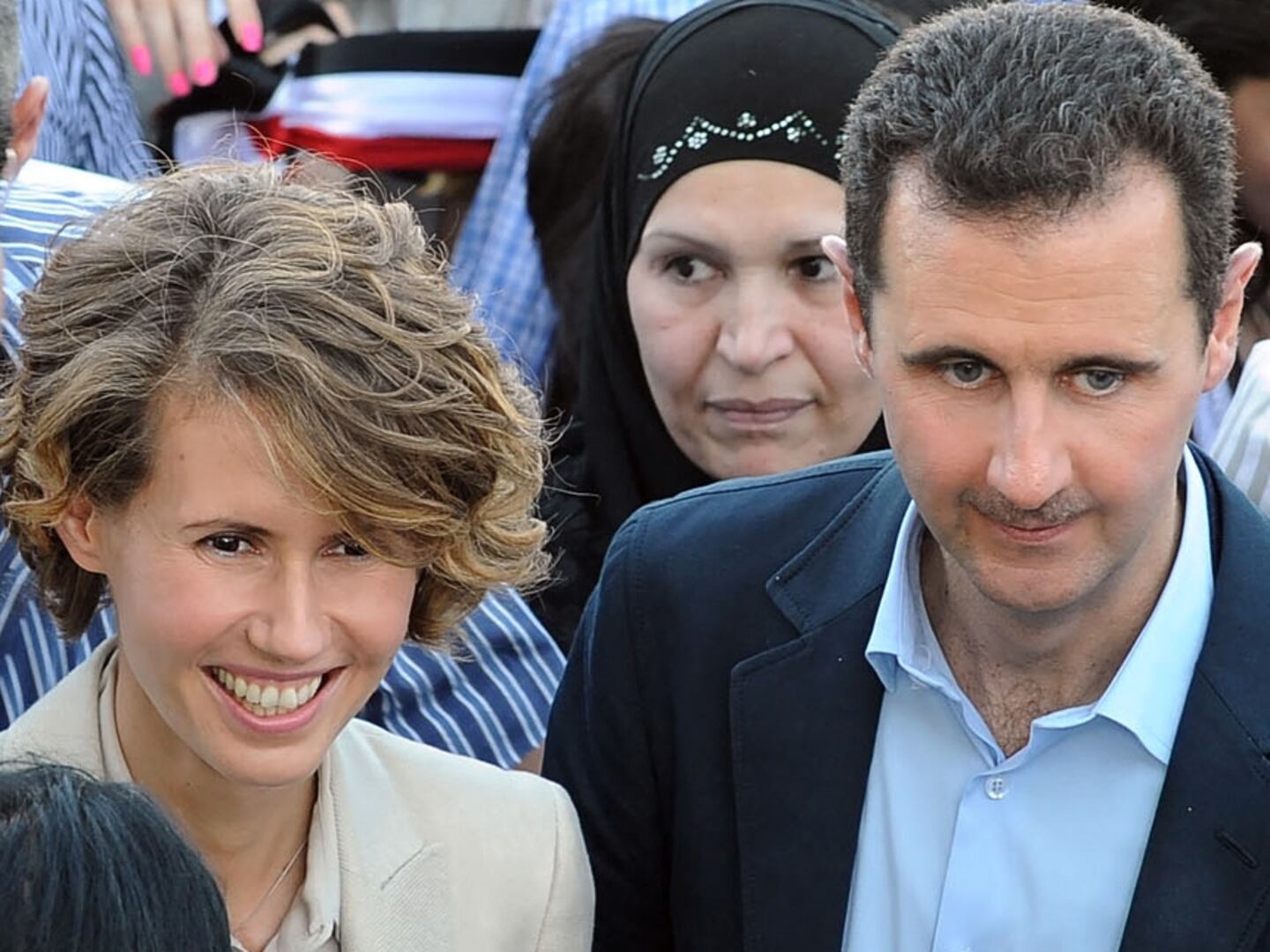Politics
Photo Illustration by Sarah Rogers/The Daily Beast
Donald Trump Charity Gave to Jenny McCarthy’s Anti-Vaxx Crusade
Singled Out
Not only has the Republican nominee repeated junk science about vaccines, but he’s also given money to help the dangerous cause.





